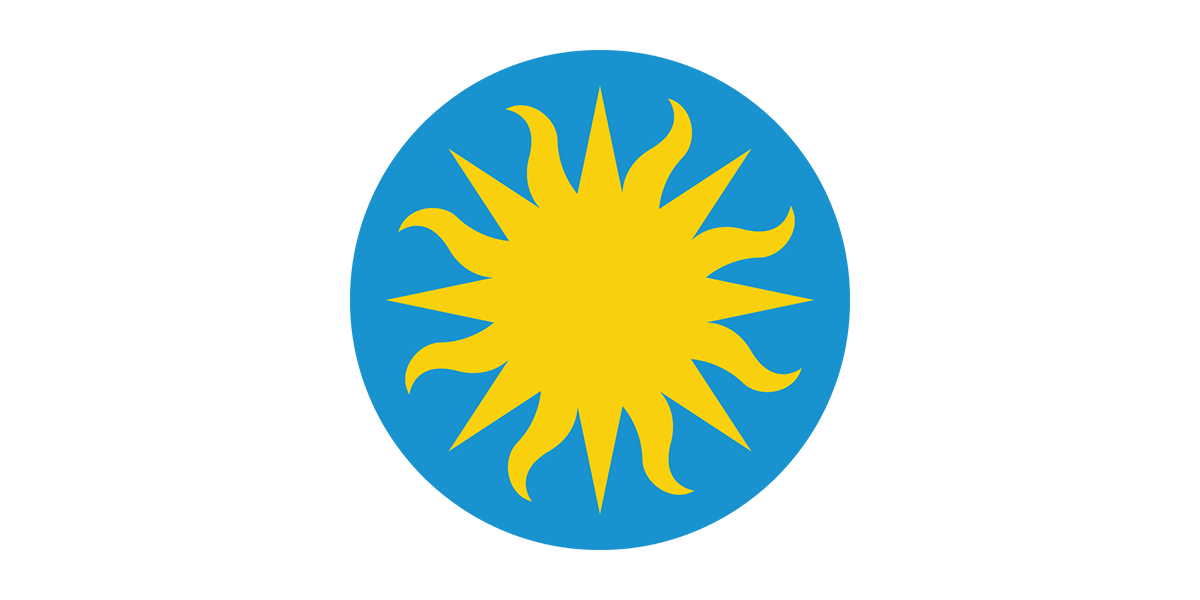Smithsonian Science Education Center Launches New Biotechnology Guide and E-book for Youth
The Smithsonian Science Education Center, in collaboration with the InterAcademy Partnership (IAP), has developed Biotechnology! How can we ethically create a sustainable future using biotechnology?, a new community research guide for youth ages 11–18. Based on the UN Sustainable Development Goals, it aims to help young people assess the potential of biotechnology while considering the best ways to navigate risks and concerns, ultimately taking action to help solve problems in their local community.
In this guide, young people explore the question “How can we utilize biotechnology innovations to help advance our community sustainably and ethically?” The guide includes new research, activities and perspectives from subject matter experts across a range of fields from biosecurity to medicine and food systems. It integrates inquiry-based science education with social and emotional learning and civic engagement. Students generate customized solutions for the challenges in their community and contribute to a more sustainable planet.
“As youth around the globe engage with their communities, they may ask many questions: How do we use technology to treat diseases, engineer foods, keep us safe? How do we ensure these advances are equitable and ethical?” said Carol O’Donnell, director of the Smithsonian Science Education Center. “This community response guide encourages young people to discover, understand and act on sustainable approaches to complex questions and create change within their own communities. It is an important step forward in the Smithsonian Science Education Center’s effort to create and promote a transdisciplinary approach to STEM Education for Sustainable Development, in line with the Smithsonian Institution’s mission to promote life on a sustainable planet.”
As a companion to the Biotechnology! guide, Smithsonian Science Education Center is releasing a new e-book, Stories of Women in STEM – Biotechnology. As the latest entry in the Stories of Women in STEM e-book series, this new e-book features biographies of trailblazing women who made history through their scientific discoveries and innovation in biotechnology. From biochemist and Nobel Prize-winner Jennifer Doudna to Kenyan crop researcher Felister Makini, the e-book explores the roles women have played in advancing science, technology, engineering and math fields.
“As a young girl, it is so important to see yourself in the role models around you and in the stories you read,” O’Donnell said. “If you can see yourself in others, then you will believe you can do it, too. I hope when young people read the stories of these amazing women in biotechnology, they can ‘see’ their future selves, and strive to be the best they can be.”
The Smithsonian Science Education Center will disseminate the free guide and e-book to youth worldwide in collaboration with the InterAcademy Partnership.
Biotechnology! How can we ethically create a sustainable future using biotechnology? and Stories of Women in STEM – Biotechnology are made possible through the support of Johnson & Johnson.
About the Smithsonian Science Education Center
The Smithsonian Science Education Center (SSEC) is transforming K–12 Education Through Science in collaboration with communities across the globe. The SSEC is nationally and internationally recognized for the quality of its programs and its impact on K–12 science education. Visit the SSEC website and Smithsonian Science for Global Goals and follow SSEC on Twitter and Facebook.
About the InterAcademy Partnership
Under the umbrella of the InterAcademy Partnership (IAP), more than 140 national, regional and global member academies work together to support the vital role of science in seeking evidence-based solutions to the world’s most challenging problems. In particular, IAP harnesses the expertise of the world’s scientific, medical and engineering leaders to advance sound policies, improve public health, promote excellence in science education and achieve other critical development goals. See www.interacademies.org and follow IAP on Twitter and YouTube.
# # #
SI-380A-2022

